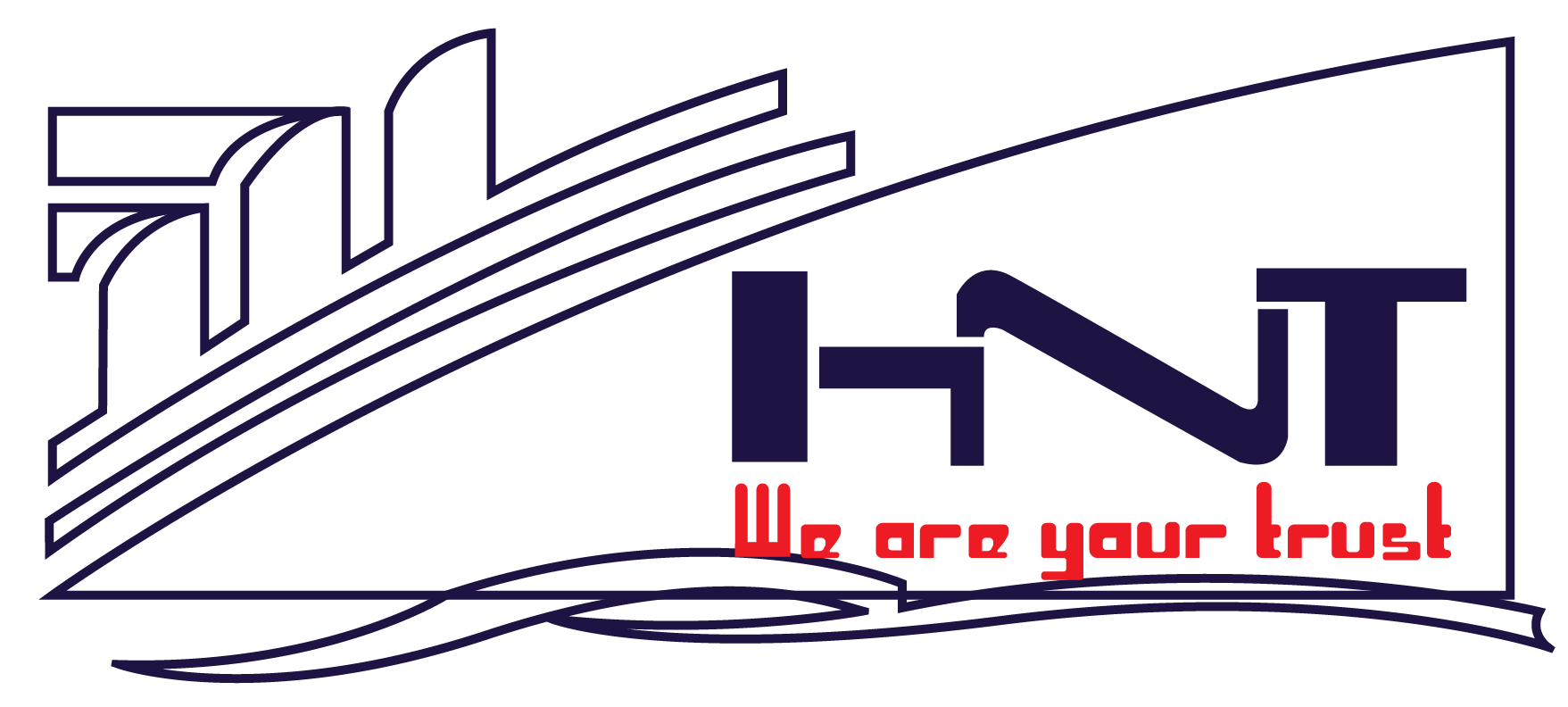Nowadays, the demand for imported goods as well as the export of domestic goods from Vietnam to foreign countries is relatively high. However, many businesses often encounter difficulties in completing customs procedures for importing and exporting goods. So, what are these customs procedures? How are they carried out? Let's find out together!
What are customs procedures for importing and exporting goods?
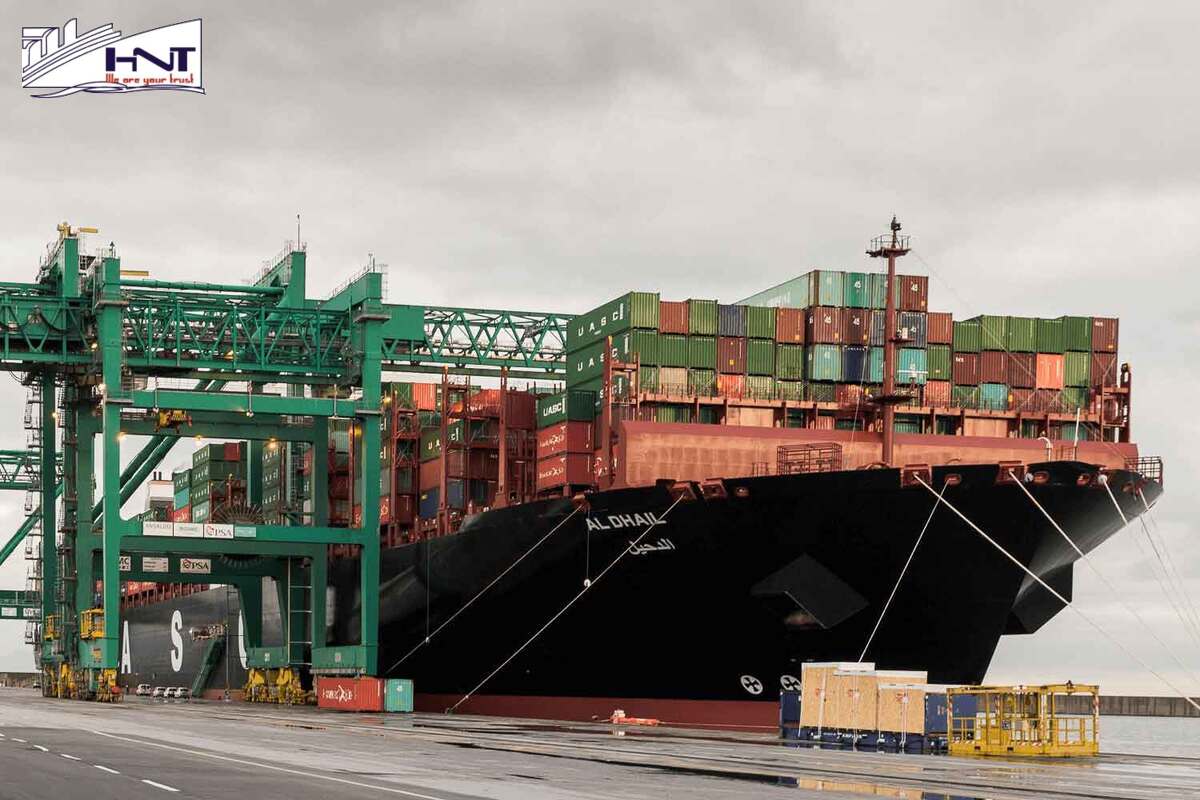
These are regulations, procedures, and necessary documents for importing or exporting goods from abroad into Vietnam and from Vietnam to foreign countries. Import and export procedures are specifically regulated under the Commercial Law, Customs Law, and related implementing documents.
Purposes of import and export regulations
The import procedures aim to:
- Control and manage imported goods and exported goods, ensuring compliance with legal requirements for quality, safety, hygiene, and environmental protection.
- Protect the rights of consumers and manufacturing businesses both domestically and internationally.
- Facilitate favorable conditions for international trade activities.
Entities subject to import and export regulations
Import and export procedures apply to all individuals and organizations that need to import goods from abroad into Vietnam or export goods from Vietnam to foreign countries.
Process and procedures for importing and exporting goods
The import procedures include the following steps:
Step 1: Export preparation
- Identify the goods for import and export.
- Market research
- Find suppliers
- Negotiate and sign purchase contracts
- Establish an import and export plan
Step 2: Determine goods classification
Classify goods according to the Vietnam Export-Import Commodity Classification.
Step 3: Determine applicable taxes and fees such as:
Import duties, export duties, value-added tax, special consumption tax, customs fees.
Declare customs declarations, pay taxes, and clear customs.
Step 4: Necessary documents
To carry out import procedures, importers need to prepare the following documents:
- Import license (if available)
- Certificate of origin of goods
- Inspection certificate
- Packing list
- Commercial invoice
- Bill of lading
- Import duties and fees
Note on importing goods
Research carefully the legal regulations on exporting and importing goods.
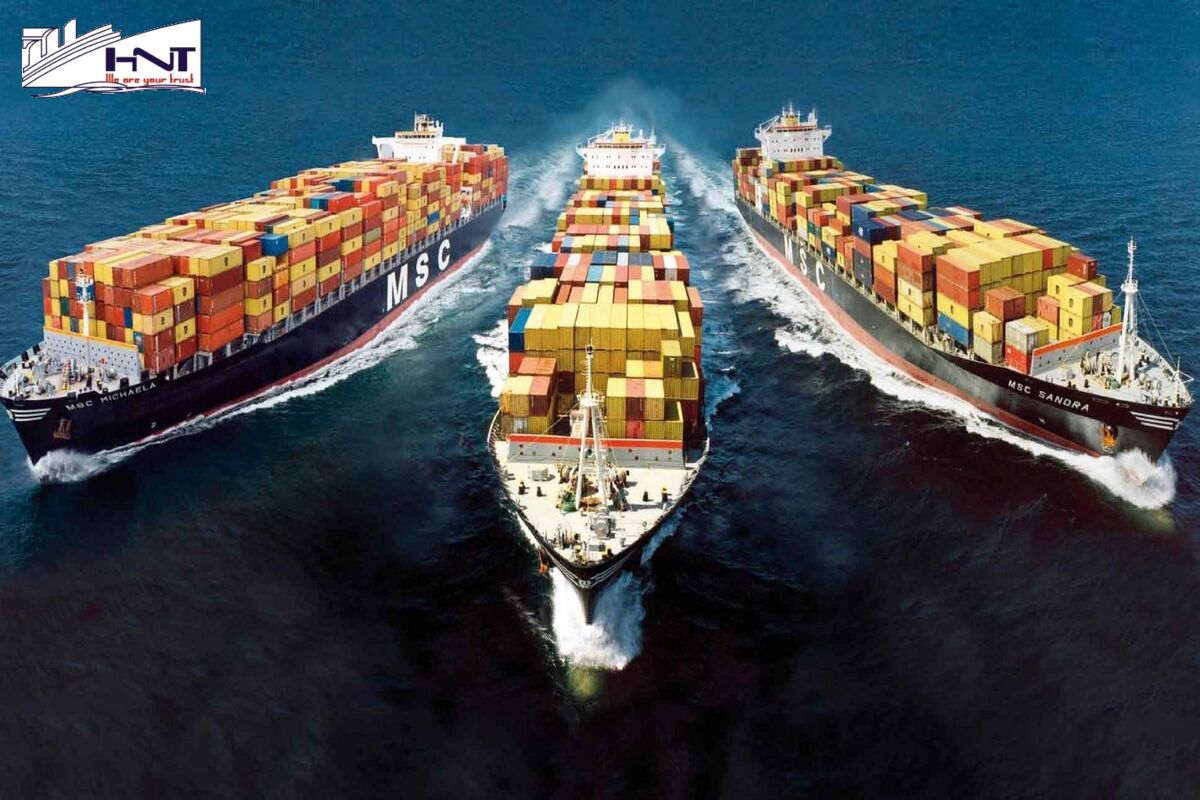
Before exporting or importing goods, businesses need to thoroughly understand the legal regulations on exporting and importing goods from Vietnam and the importing or exporting country.
This will help businesses avoid legal risks and ensure that goods are exported or imported legally.
Correctly identify goods and HS codes
Goods and HS codes are important information for calculating taxes, fees, and other related charges for exporting and importing goods.
Businesses need to correctly identify the goods and HS codes to ensure accuracy in the customs declaration process.
Prepare complete and necessary documents
To export or import goods, businesses need to prepare complete and necessary documents according to legal regulations.
These documents will be used for customs declaration and to carry out import and export procedures.
Choose reputable suppliers or partners
For export activities, businesses need to choose reputable suppliers to ensure the quality of goods and delivery time.
For import activities, businesses need to select reputable partners to ensure the quality of goods and reasonable prices.
Choose suitable transport methods
The transport method will affect the cost, time, and risks of exporting and importing goods. Businesses need to choose a suitable transport method based on the requirements of the goods and the business conditions.
Participate in cargo insurance
Participating in cargo insurance will help businesses minimize risks in case goods are damaged, lost, or lost during transportation.
Inspect goods before exporting or importing
Businesses need to carefully inspect goods before exporting or importing to ensure that goods meet quality, standards, and legal requirements.
Monitor the status of goods during transportation
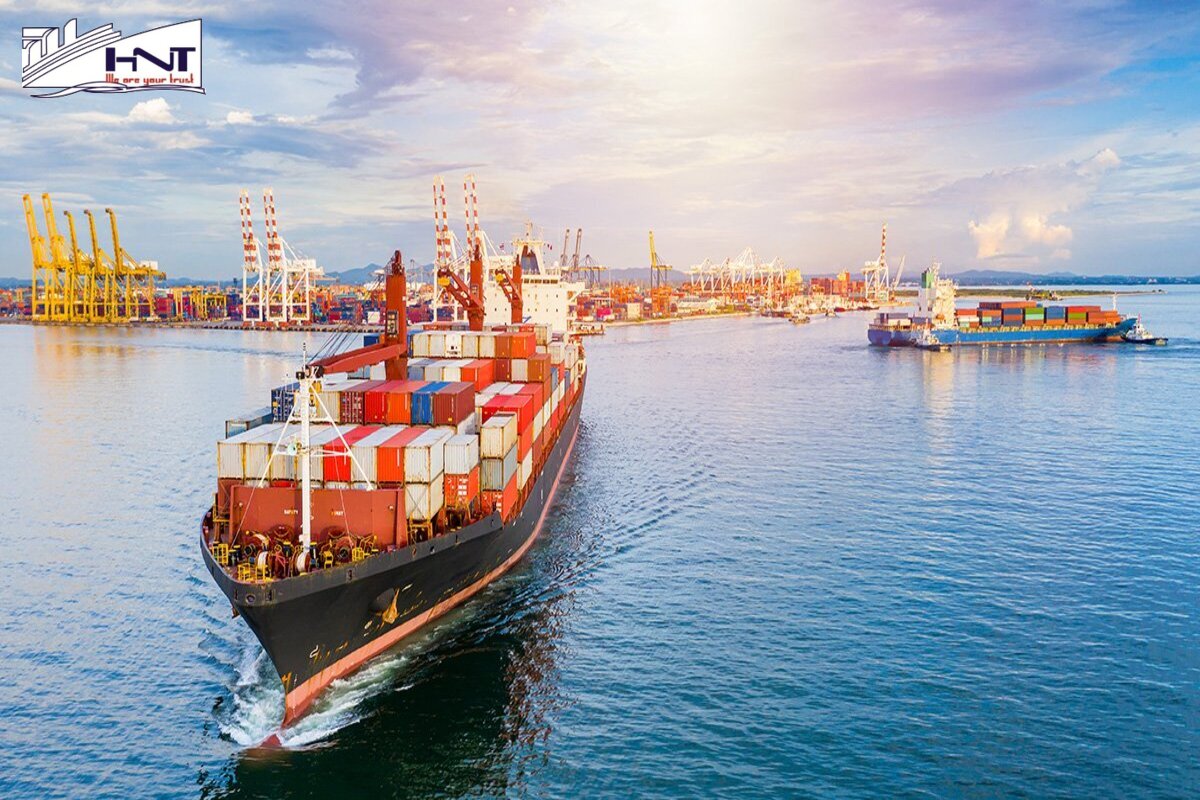
Businesses need to monitor the status of goods during transportation to promptly address any arising issues.
Pay export and import taxes and fees
Businesses need to pay export and import taxes and fees according to legal regulations.
Prepare export and import reports
Businesses need to prepare export and import reports according to legal regulations.
In addition, businesses should pay attention to some issues after exporting or importing goods:
Calculate export and import costs
Businesses need to calculate export and import costs carefully to ensure profitable export and import operations.
Ensure security and safety for goods
Businesses need to ensure security and safety for goods during transportation and storage.
Implement environmental protection regulations: Businesses need to implement environmental protection regulations during the export and import of goods.
Which company should you choose to handle import and export procedures?
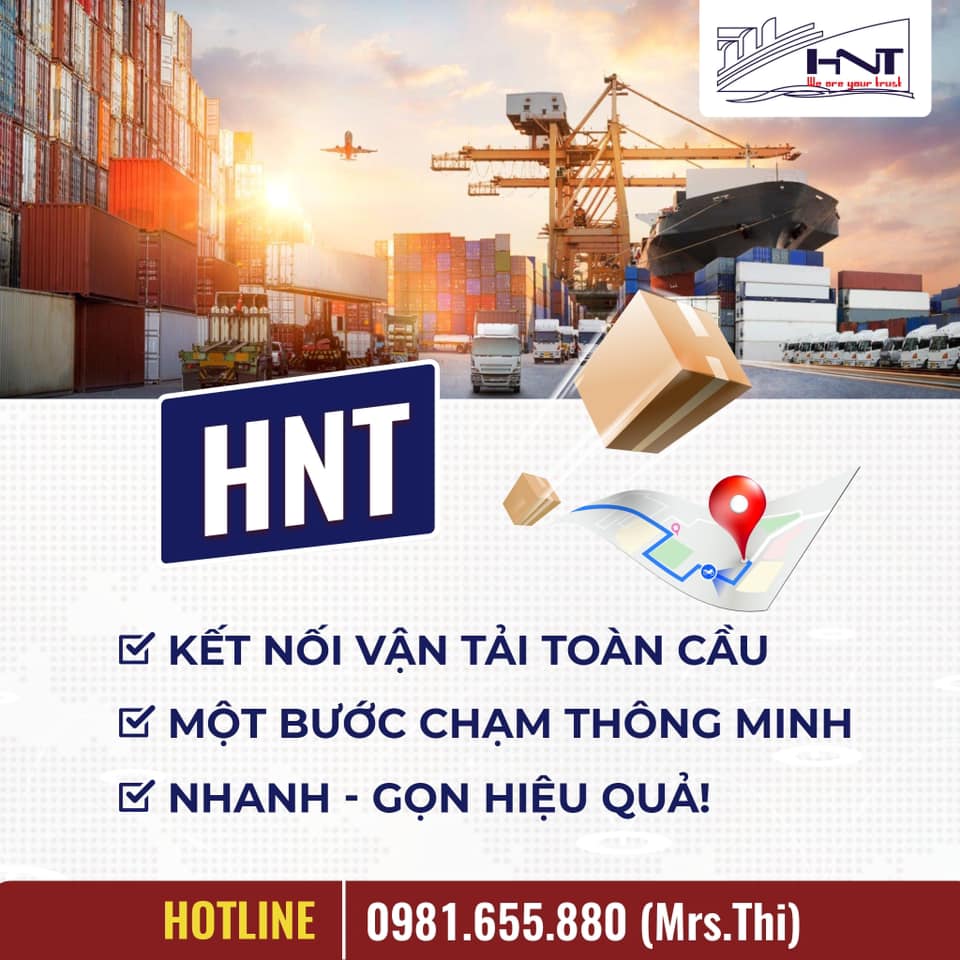
Transporting and trading goods between countries requires navigating complex and challenging customs procedures. This necessitates that businesses understand and comply with regulations regarding export and import documents and related paperwork.
If you are considering finding a reputable company for importing and exporting goods, HNT is the most suitable destination for you.
Contact HNT Logistics now at hotline number 0981.655.880 (Mrs. Thi) to learn more about our services!

